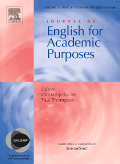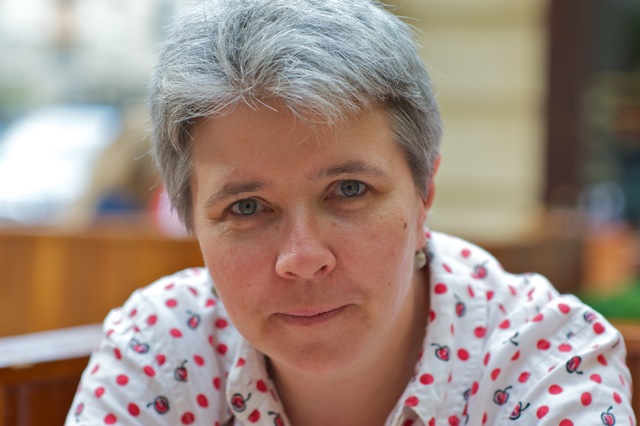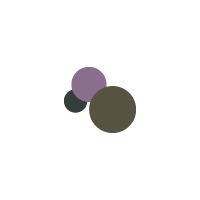Real authors?
 The ORCID project is about making sure that authors are real and managing author databases. Researchers and contributors may now link education and employment affiliations to their ORCID records.
The ORCID project is about making sure that authors are real and managing author databases. Researchers and contributors may now link education and employment affiliations to their ORCID records.
http://orcid.org/blog/2013/12/09/organizational-affiliations-now-part-orcid-record
Writing to authors
 In collaboration with COPE, the Council of Science Editors' (CSE) Editorial Policy Committee has developed sample correspondence that relates to specific situations that journal editors may face, such as authorship, manuscript overlap, etc.
In collaboration with COPE, the Council of Science Editors' (CSE) Editorial Policy Committee has developed sample correspondence that relates to specific situations that journal editors may face, such as authorship, manuscript overlap, etc.
http://www.councilscienceeditors.org/i4a/pages/index.cfm?pageid=3335
COPE resource: Sample letters
The case for two types of retractions

Setting the record straight with integrity. Authors acknowledge their mistakes and do the right thing to set the record straight.
http://thenode.biologists.com/setting-the-record-straight-an-interview-with-daniel-st-johnston/discussion/
COPE resource: Retraction guidelines
Retractions
More retractions from Shigeaki Kato - image manipulation detected in Nature paper cited 98 times.
http://retractionwatch.com/2013/12/11/shigeaki-kato-notches-five-more-retractions-including-one-in-nature/#more-17106
COPE resource: Retraction guidelines
Ethical approval regulation for studies in humans: worldwide variation
Regulations regarding what type of study requires ethical approval vary worldwide. In some countries, all studies require ethical approval, but in other countries, not. Journal editorial teams need to be aware of this and not reject manuscripts because of a misunderstanding of local regulations. In the UK, the Health Research Authority provides guidance (see section 2.3 of 'Governance arrangements for research ethics committees: a harmonised edition').
https://www.gov.uk/government/publications/health-research-ethics-committees-governance-arrangements
Plagiarism and speciality
 Papers in science, technology, engineering, and mathematics (STEM) plagiarize more than those in the social sciences, according to a study published in the Journal of English for Academic Purposes
Papers in science, technology, engineering, and mathematics (STEM) plagiarize more than those in the social sciences, according to a study published in the Journal of English for Academic Purposes
http://www.sciencedirect.com/science/article/pii/S1475158513000465
COPE resources:
Plagiarism discussion document
eLearning course
Plagiarism and the law
French courts sentence researcher found guilty of plagiarism.
http://retractionwatch.com/2013/12/27/stiff-sentence-for-french-researcher-found-guilty-of-plagiarizing/
COPE resources:
Plagiarism discussion document
eLearning course
Plagiarism and institutions
The University of Kansas has censured a former Kansas Geological Survey senior scientist after an accusation of plagiarism.
http://www.therepublic.com/view/story/909f66224cce4d2e97cc3a9f6a6bda49/KS--KSG-Plagiarism-Allegations
COPE resources:
Plagiarism discussion document
Guidelines on Cooperation between research institutions and journals on research integrity cases
eLearning course
Publication of clinical trials
 Of the 600 trials with results posted at ClinicalTrials.gov, 50% had no corresponding published article, a study from PLoS Medicine found http://www.plosmedicine.org/article/info%3Adoi%2F10.1371%2Fjournal.pmed.1001566
Of the 600 trials with results posted at ClinicalTrials.gov, 50% had no corresponding published article, a study from PLoS Medicine found http://www.plosmedicine.org/article/info%3Adoi%2F10.1371%2Fjournal.pmed.1001566
Publish or perish
Scientific misconduct will be found out eventually, Hashem Dbouk from The American Society for Cell Biology warns.
http://www.ascb.org/ascbpost/index.php/compass-points/item/170-publish-or-perish-and-the-plague-of-scientific-misconduct
Responses to a sting
Some ideas from Journal of Librarianship and Scholarly Communication
http://jlsc-pub.org/jlsc/vol2/iss1/7/#.UqjFZMiRLZ0.twitter
Teaching publication ethics from a young age
A journal with editors aged 5-18 years
http://www.fastcompany.com/3021780/fast-feed/a-scientific-journal-for-kids-edited-by-kids?partner=rss&utm_source=feedburner&utm_medium=feed&utm_campaign=Feed%3A+fastcompany%2Fheadlines+%28Fast+Company%29
 Welcome to the first COPE Digest: Publication Ethics in Practice of 2014.
Welcome to the first COPE Digest: Publication Ethics in Practice of 2014.
 The
The  In collaboration with COPE, the
In collaboration with COPE, the 
 Papers in science, technology, engineering, and mathematics (STEM) plagiarize more than those in the social sciences, according to a study published in the
Papers in science, technology, engineering, and mathematics (STEM) plagiarize more than those in the social sciences, according to a study published in the  Of the 600 trials with results posted at
Of the 600 trials with results posted at  13-01 Paper submitted for publication without consent or knowledge of co-authors
13-01 Paper submitted for publication without consent or knowledge of co-authors